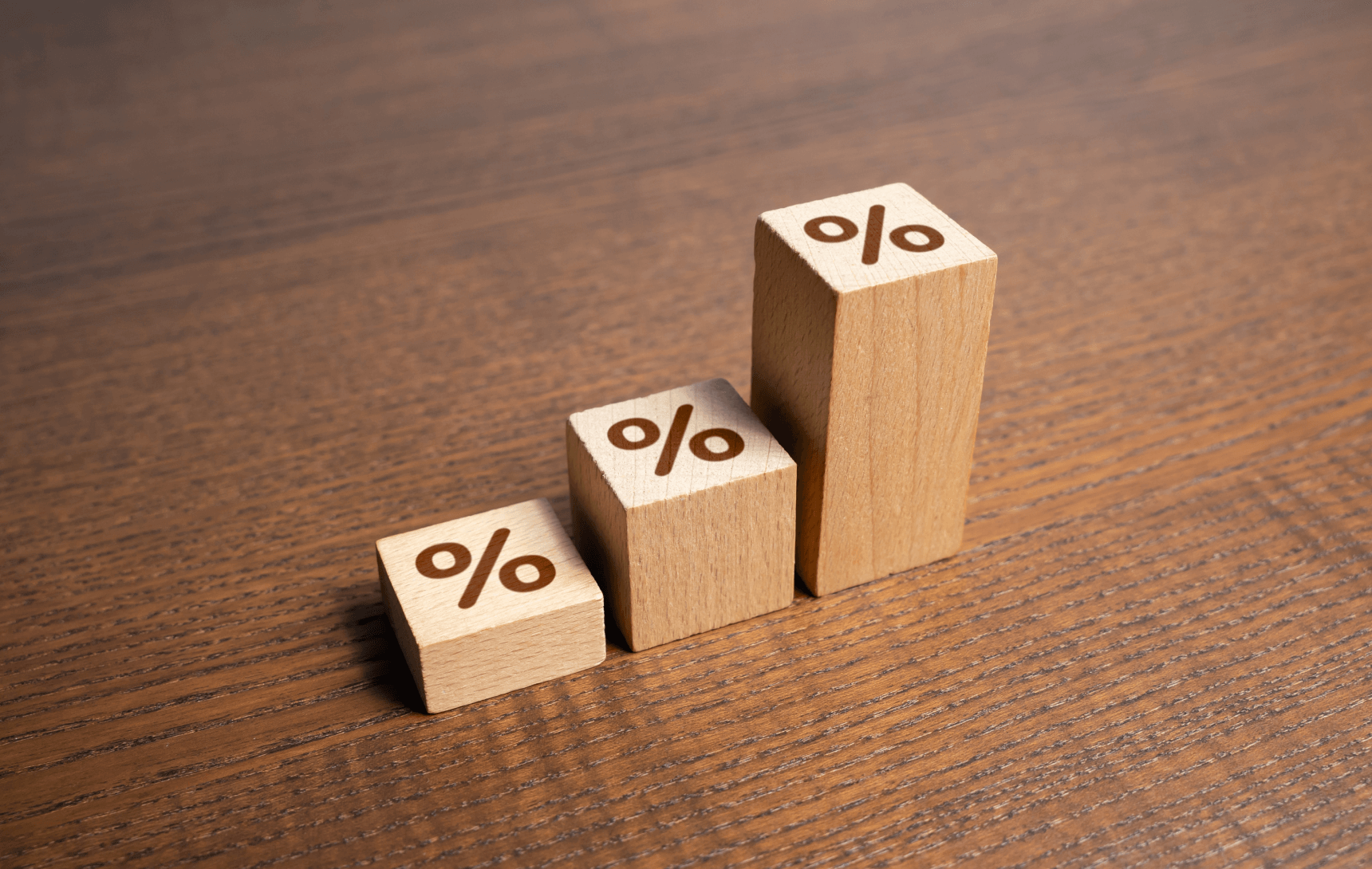So, now that you understand the interest rate and inflation relationship, what does it mean for your money and financial plan? Here are some general guidelines for different conditions.
When there are high interest rates
Avoid borrowing whenever possible: High interest rates make borrowing more expensive. Do what you can to pay your credit cards and avoid other sources of debt, like personal loans. You might still need to borrow for major purchases like a car or home.
Try to pay more upfront as a down payment so you take on less debt at high rates. And keep an eye on market conditions. If rates fall after you take out these loans, you could refinance at a lower cost.
Use deposit accounts paying high rates: When inflation is high, it steadily wipes out the value of cash. For example, if inflation is 5%, $1 today will only have the buying power of 95 cents a year from now.
Fortunately, banks typically pay more when interest rates and inflation are high. Look for a high-yield savings account to grow your money along with inflation. The right bank can help you save when inflation is up.
If you don’t need immediate access to your money, you could use a CD to lock in a high interest rate for years. That way, you can keep earning lots of interest even after rates fall in the future.
Consider investments that protect against inflation: Some investments perform better during high inflation. Some of the best investments for inflation include gold, real estate, commodities, and Treasury Inflation-Protected Securities (TIPS). You could also buy long-term bonds when interest rates are high. Once again, it’s a chance to lock in these rates for an extended period.
During times of low interest rates
Take advantage of long-term loans: When rates are low, it’s an ideal time to take out a larger loan, like to buy a car or a home or to start a new small business. If you use a fixed-rate loan, the monthly payments will not go up, even if market interest rates go up later. If you took out past debts when rates were higher, you could refinance now to reduce your monthly payment.
Avoid locking up your cash at low rates: The downside of low interest rates is that you don’t earn much with your savings account. Avoid locking up your money at a low rate, like in a bond or CD. Rates will go up eventually. You want to keep access to your cash so you can invest when the time is right.
Prepare for a market rebound: During periods of low rates and inflation, the economy and stock market are usually struggling. As a result, investment prices have usually fallen. While investing during down markets can feel scary, it’s a chance to buy stocks and mutual funds at a discount. You can get in when costs are low to benefit when the economy rebounds.
These are just general guidelines for both situations. The right approach for your portfolio and financial plan will depend on your unique circumstances. Consider reviewing your options with a financial advisor before making any significant decisions.


